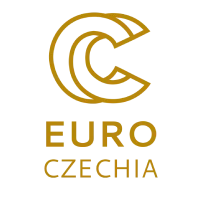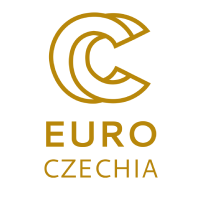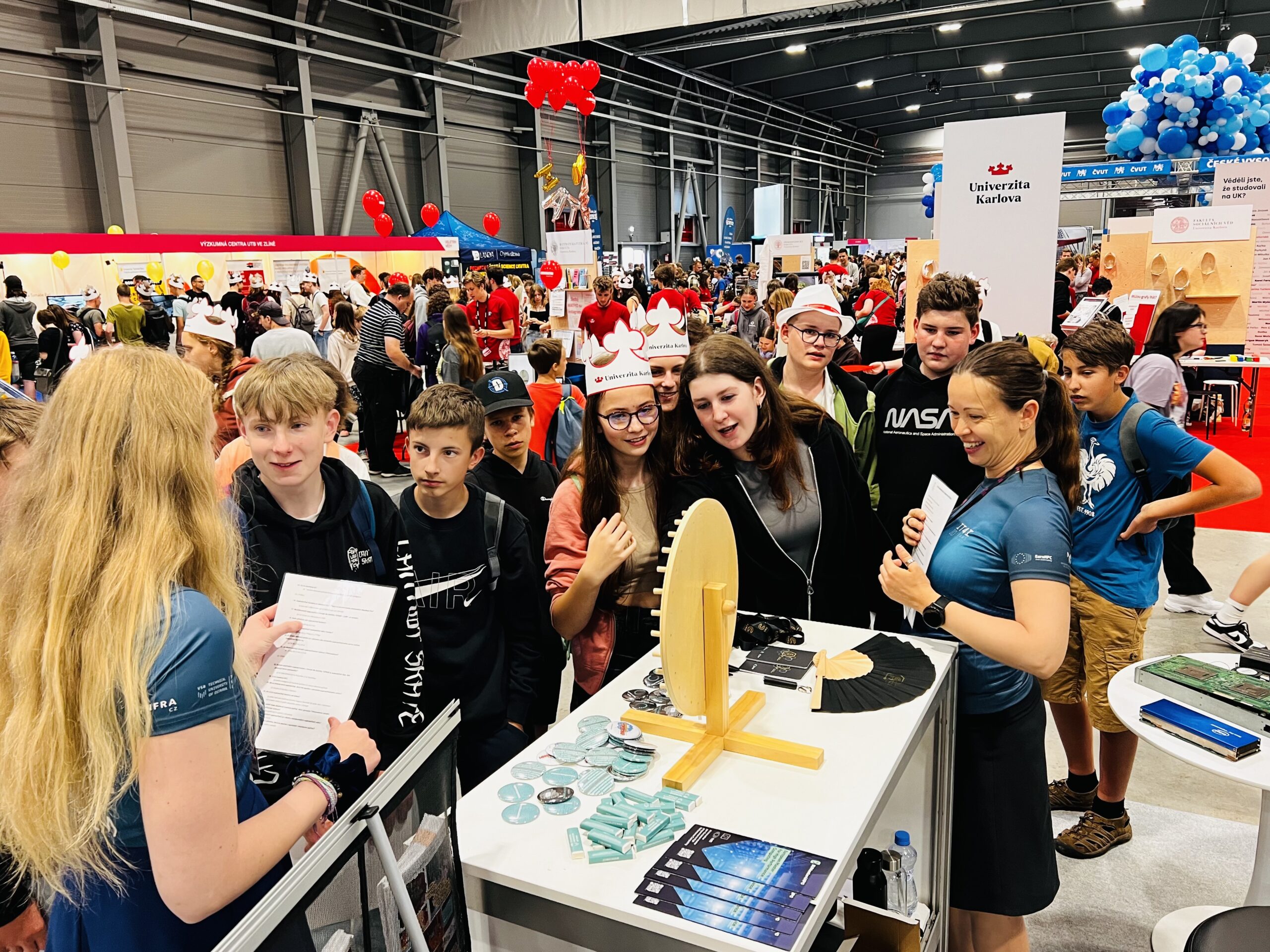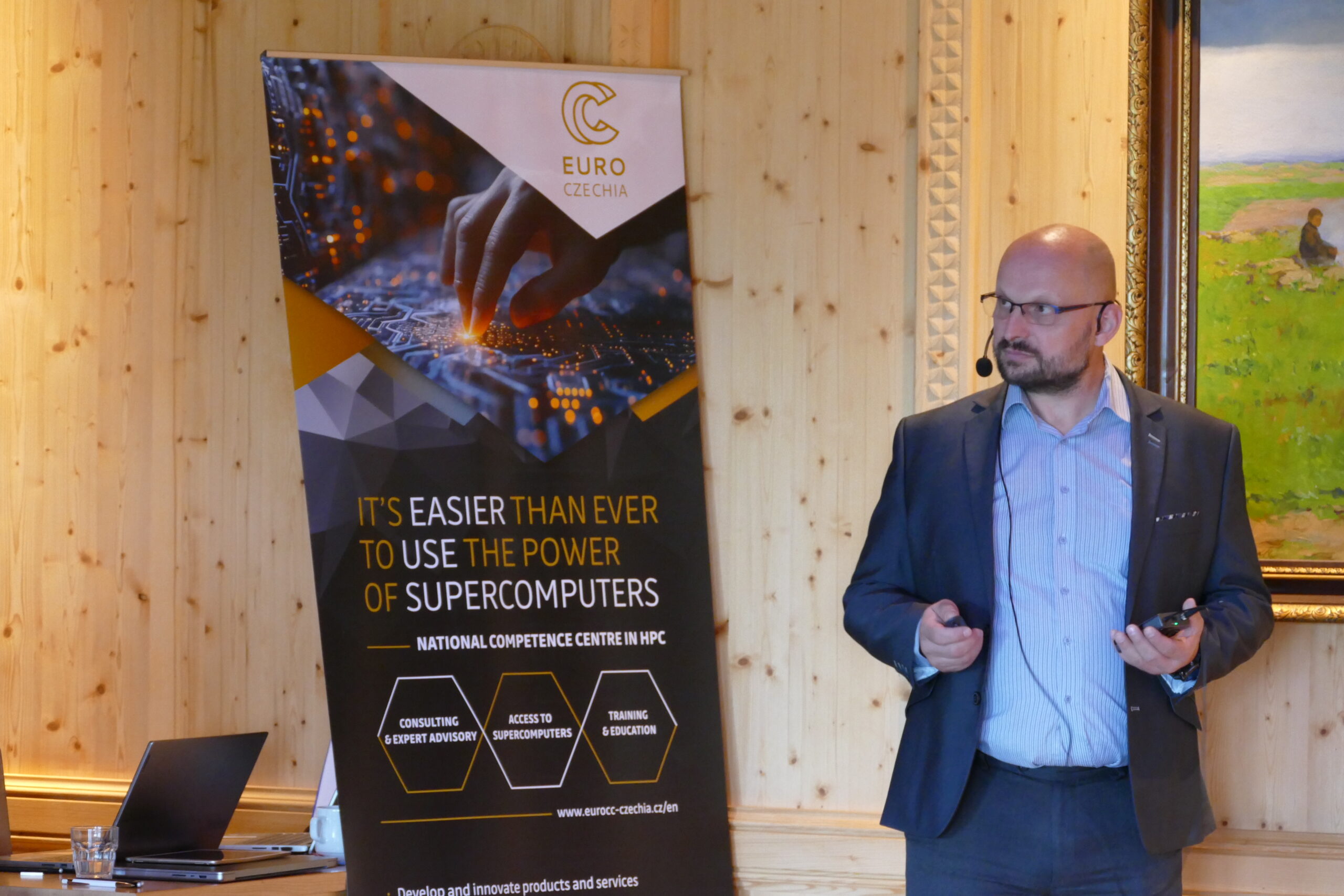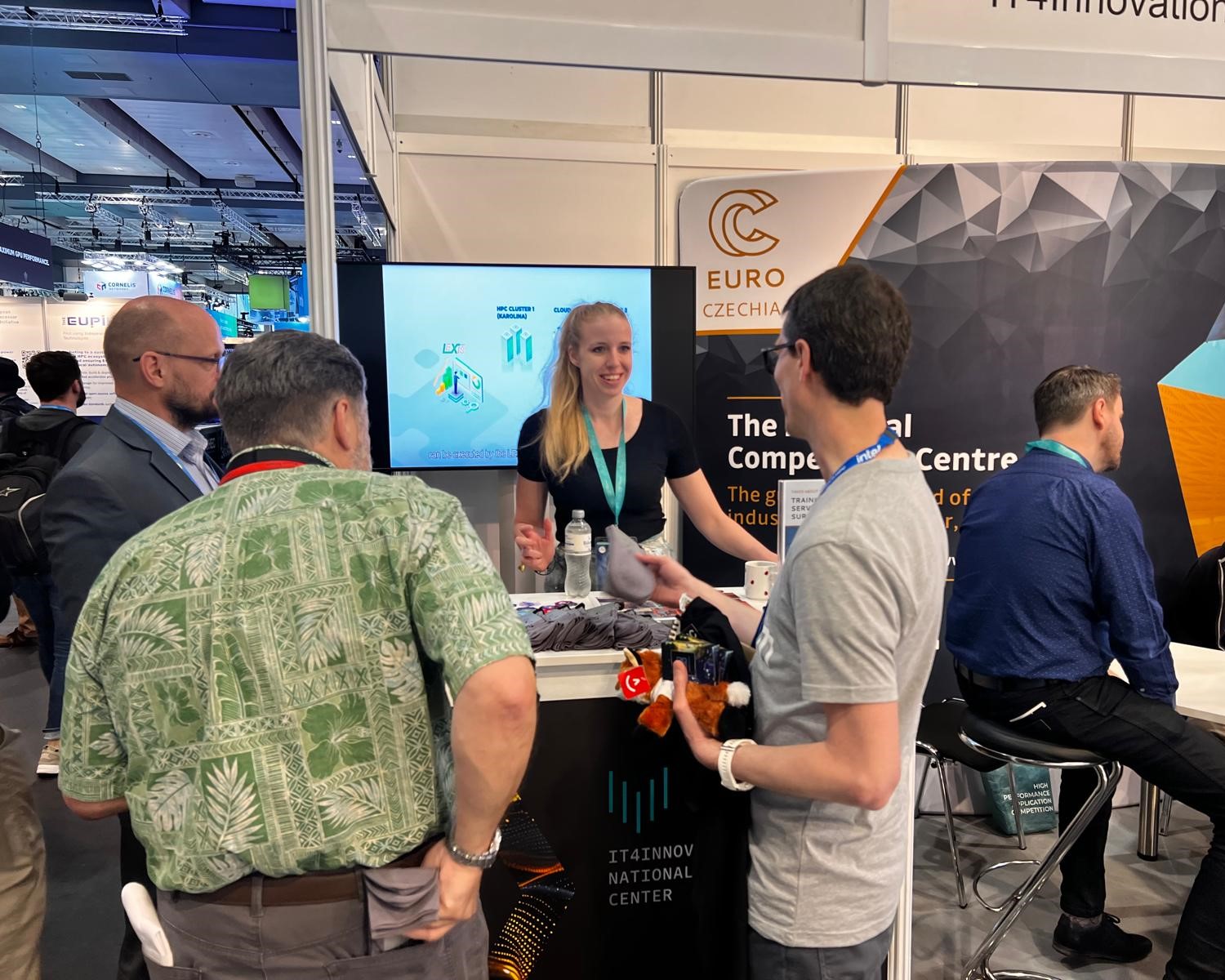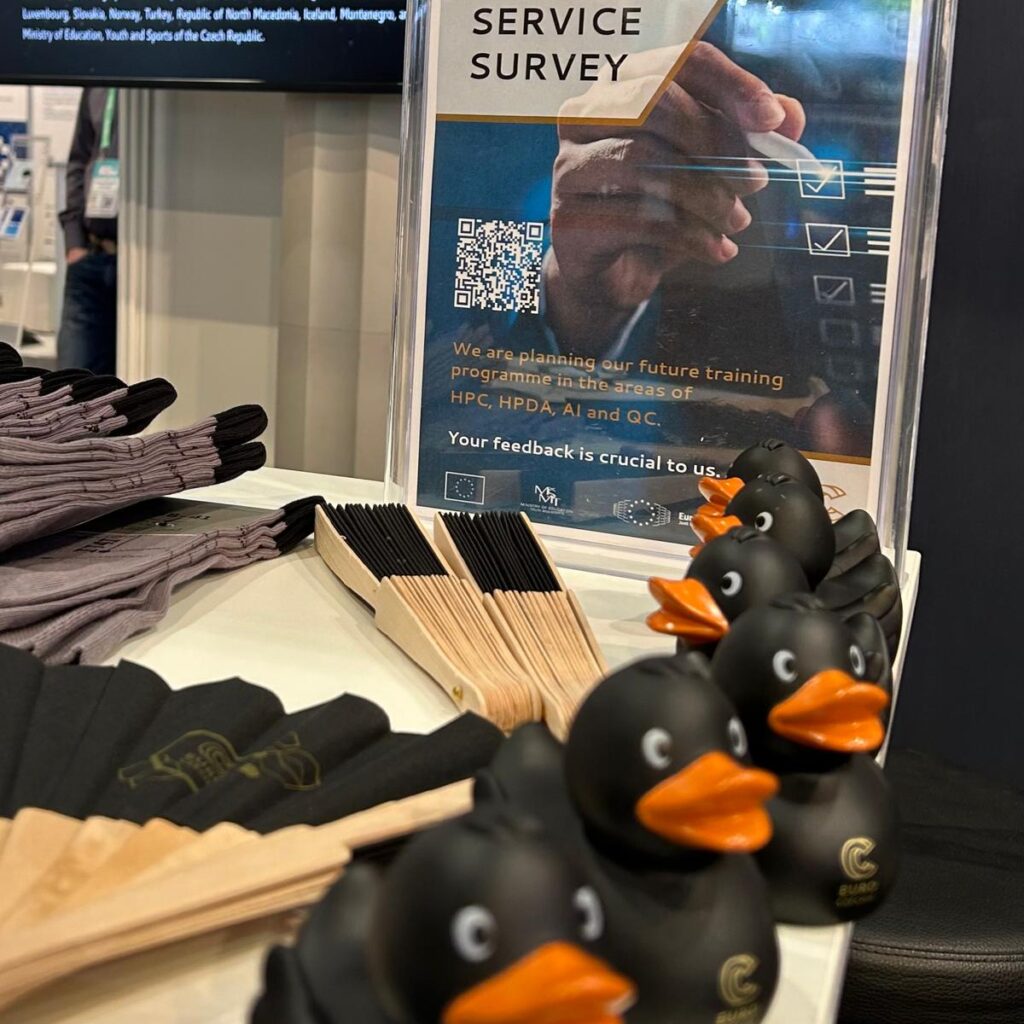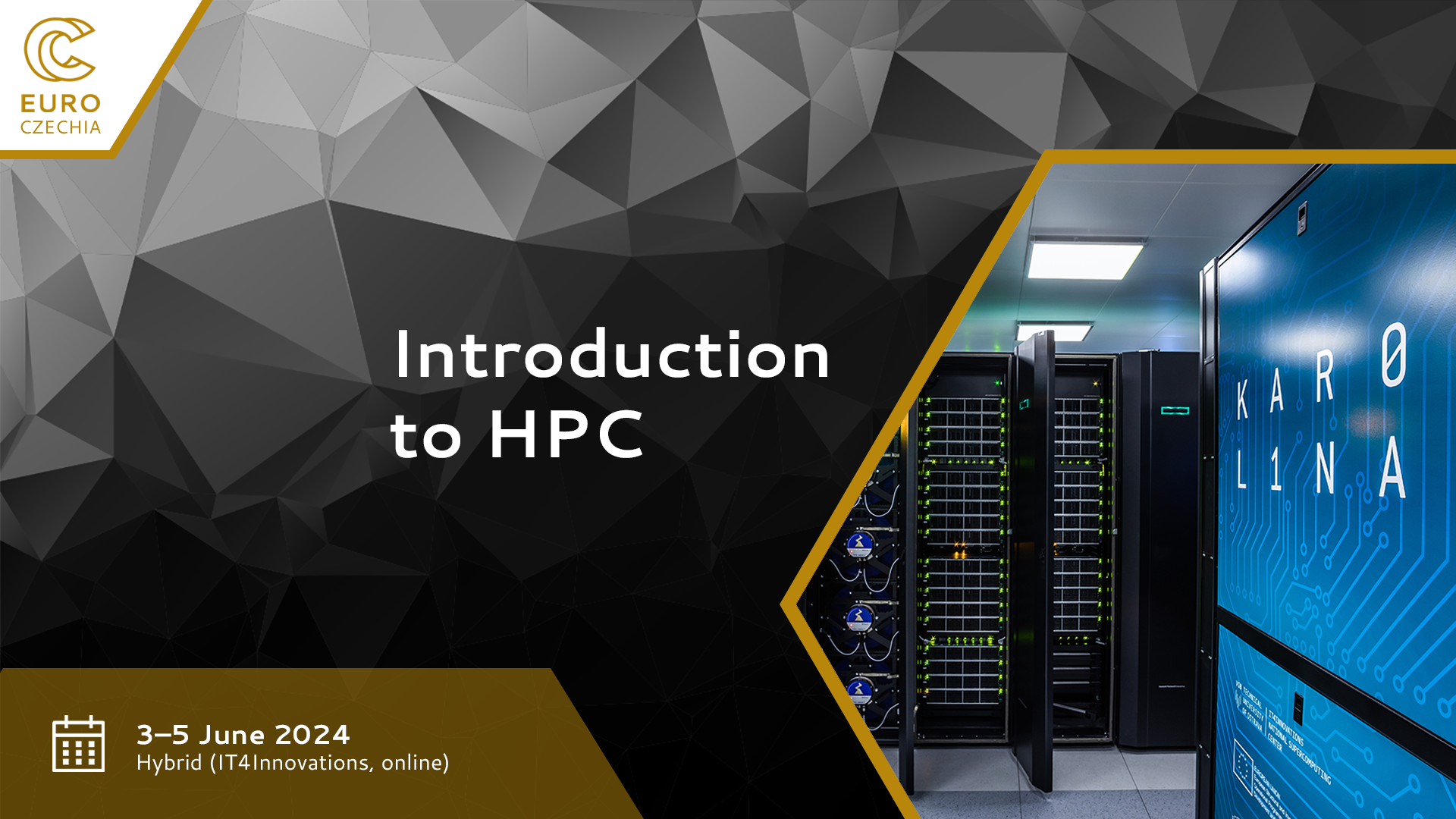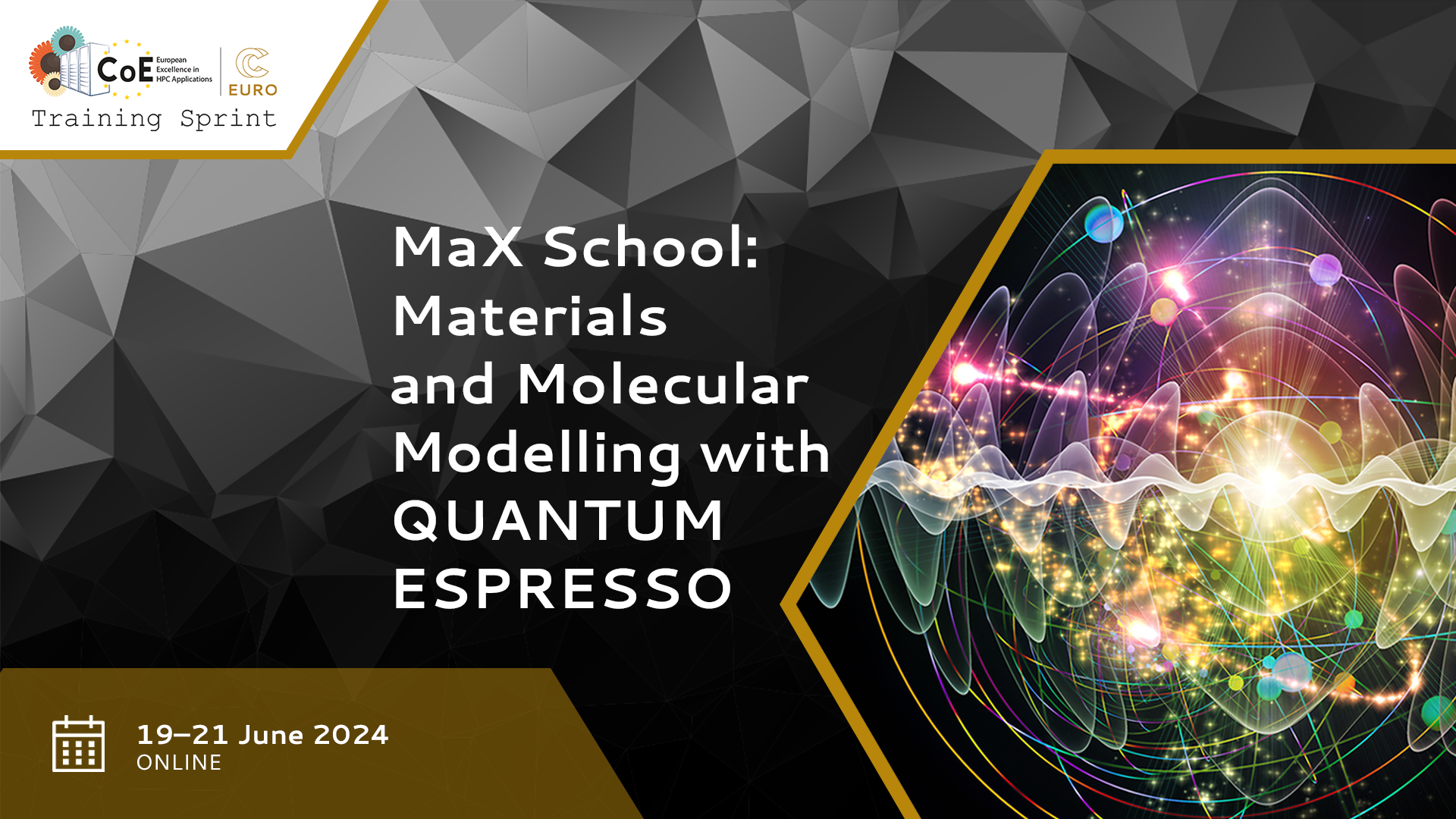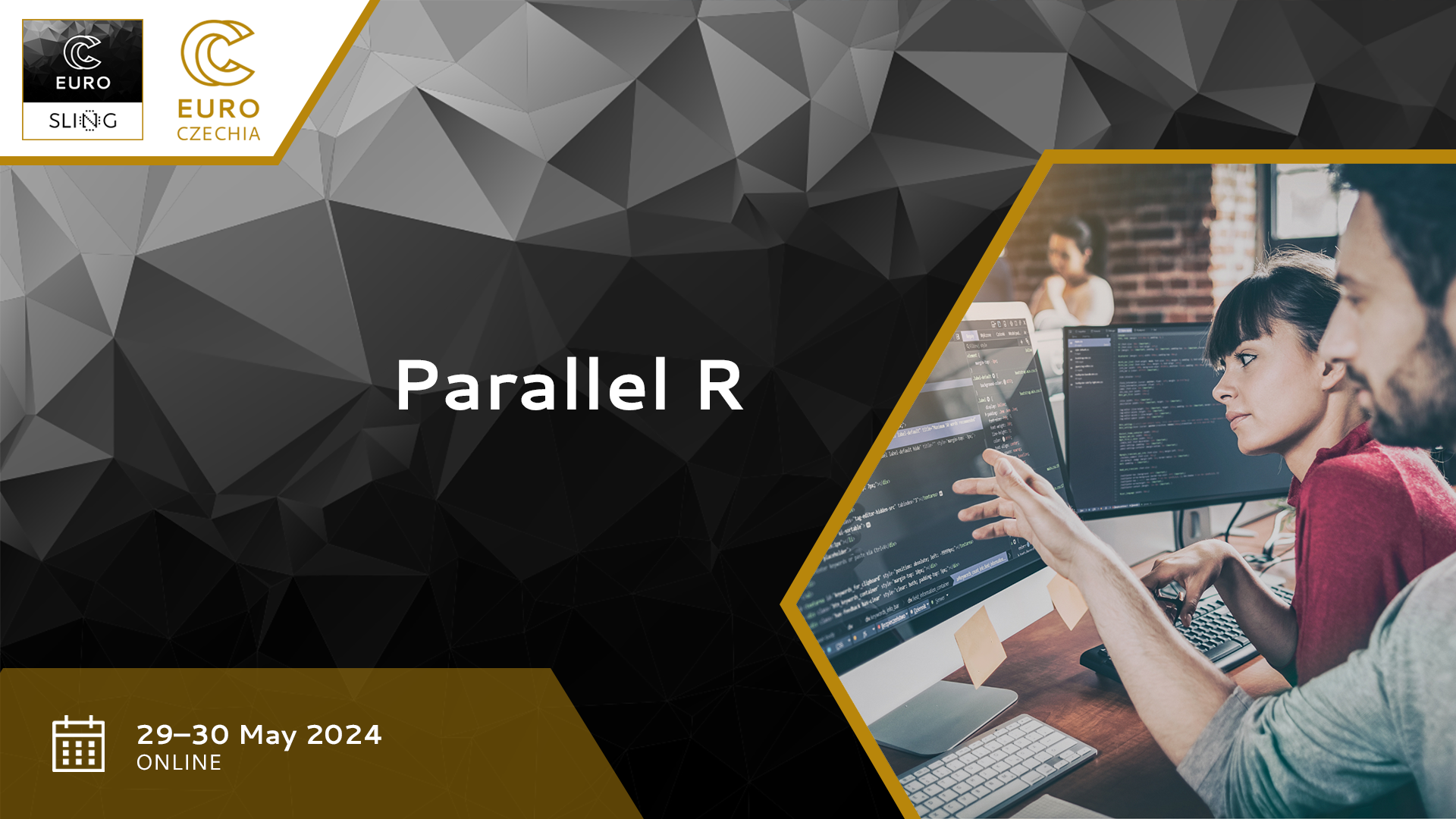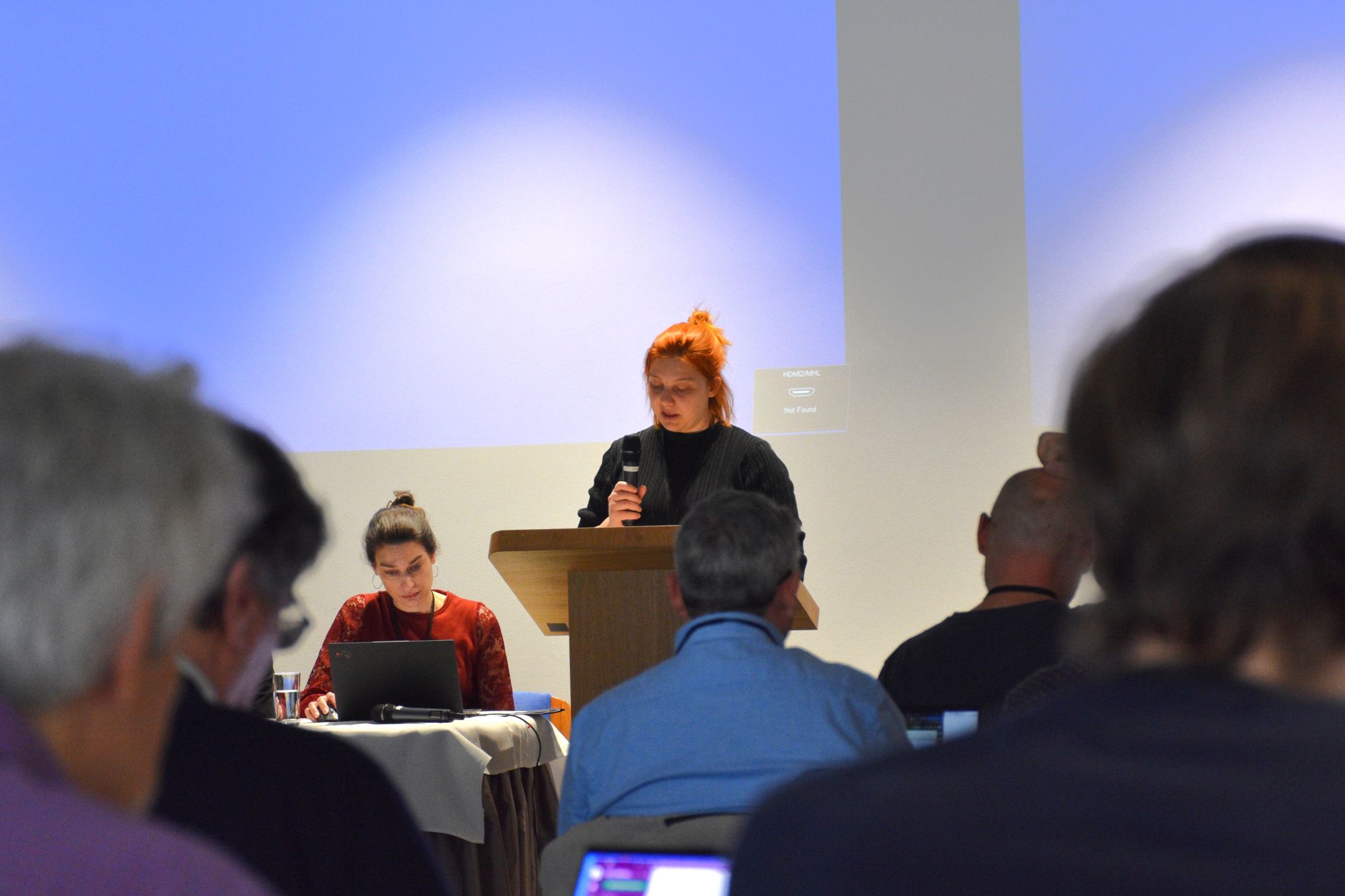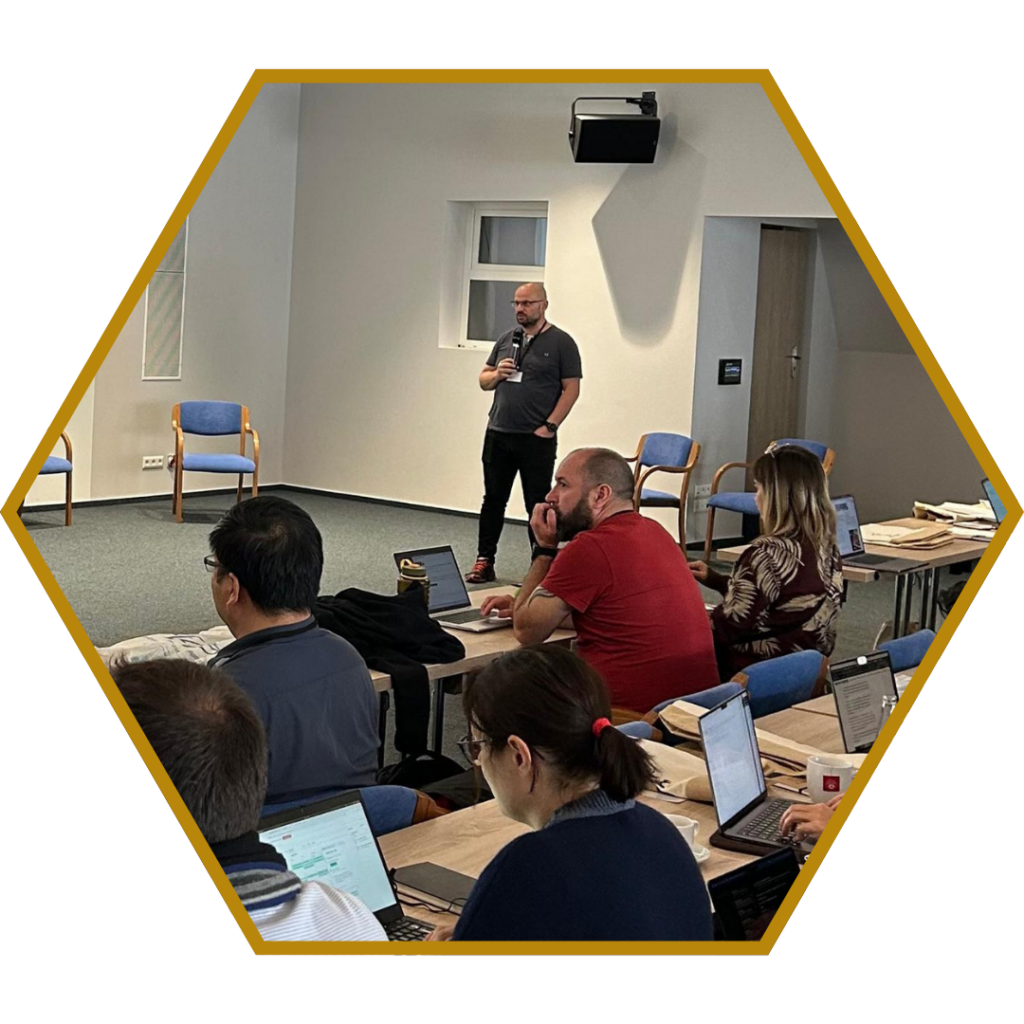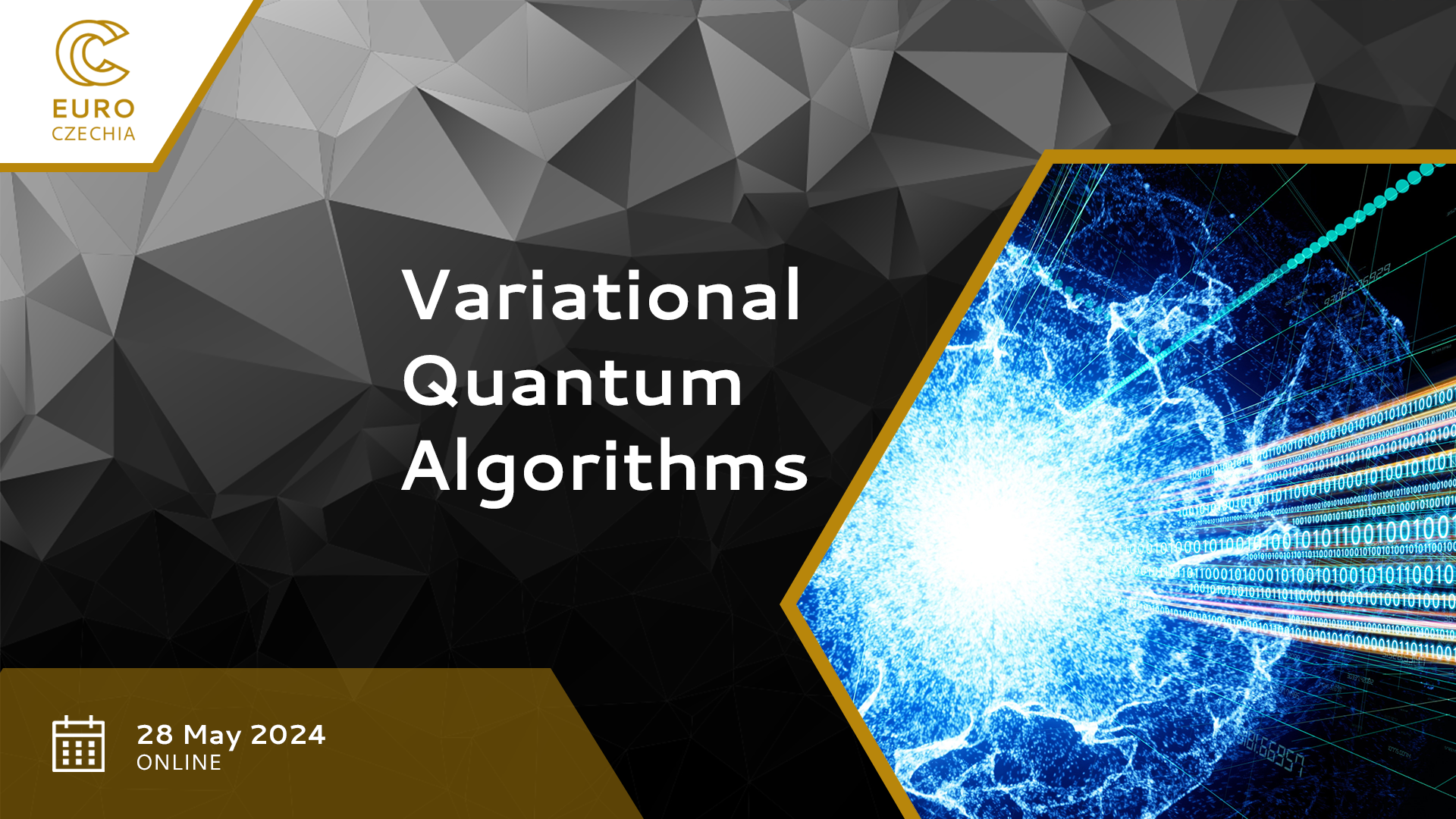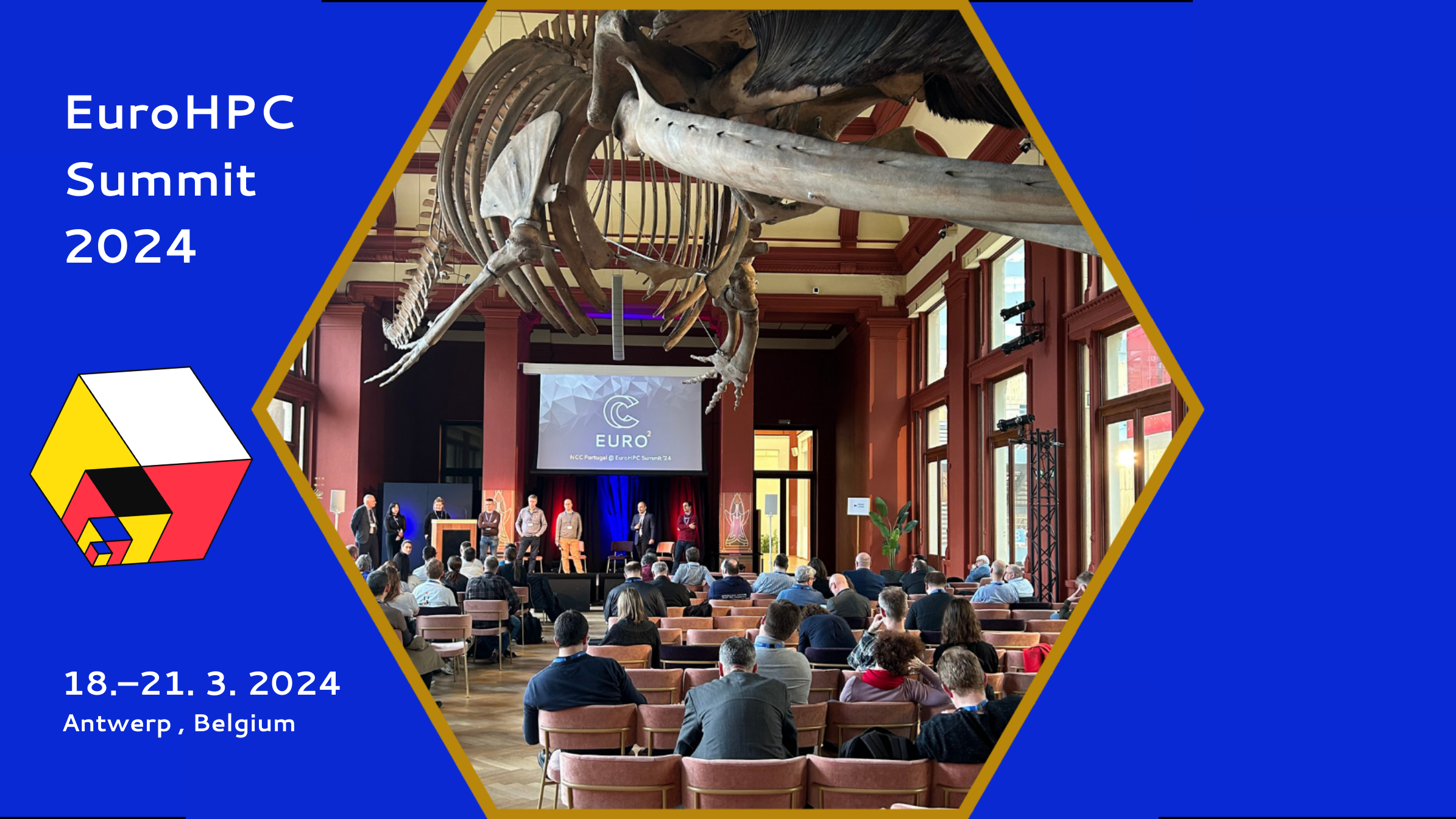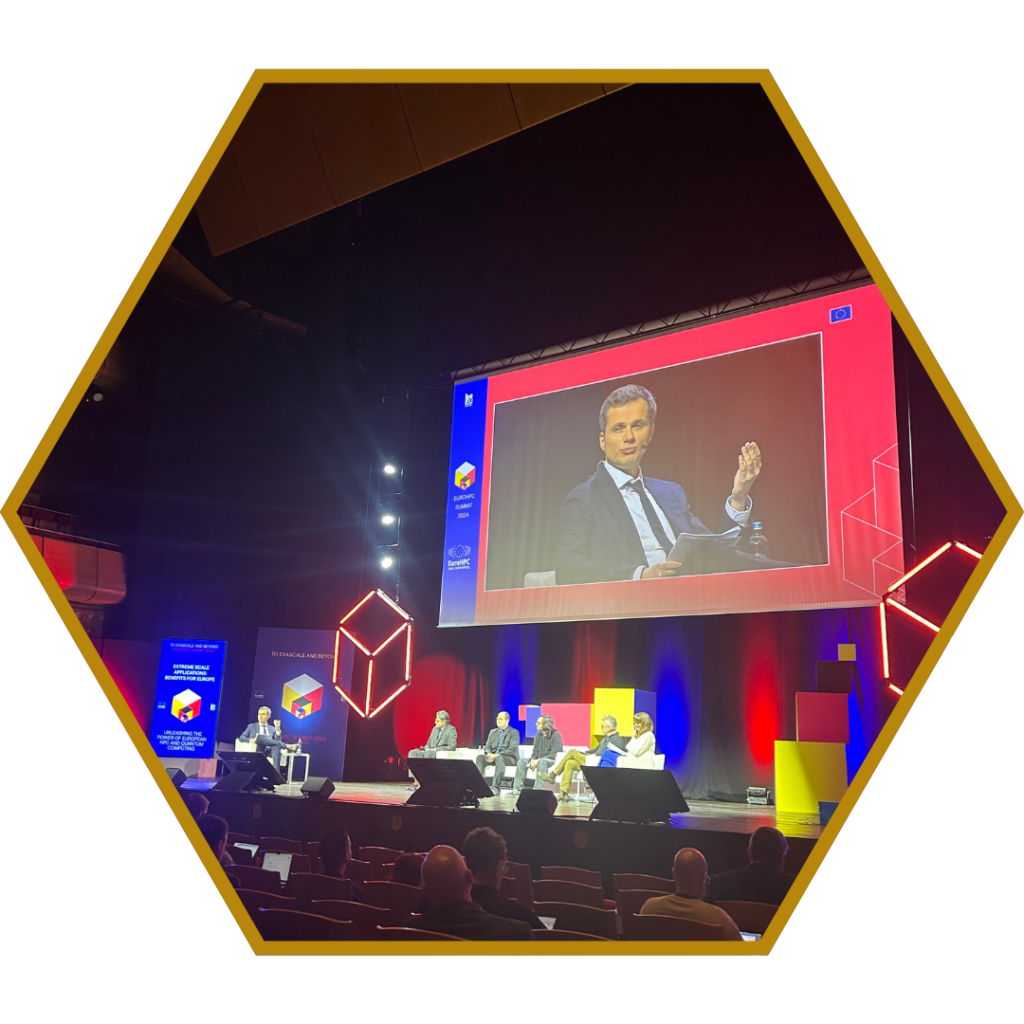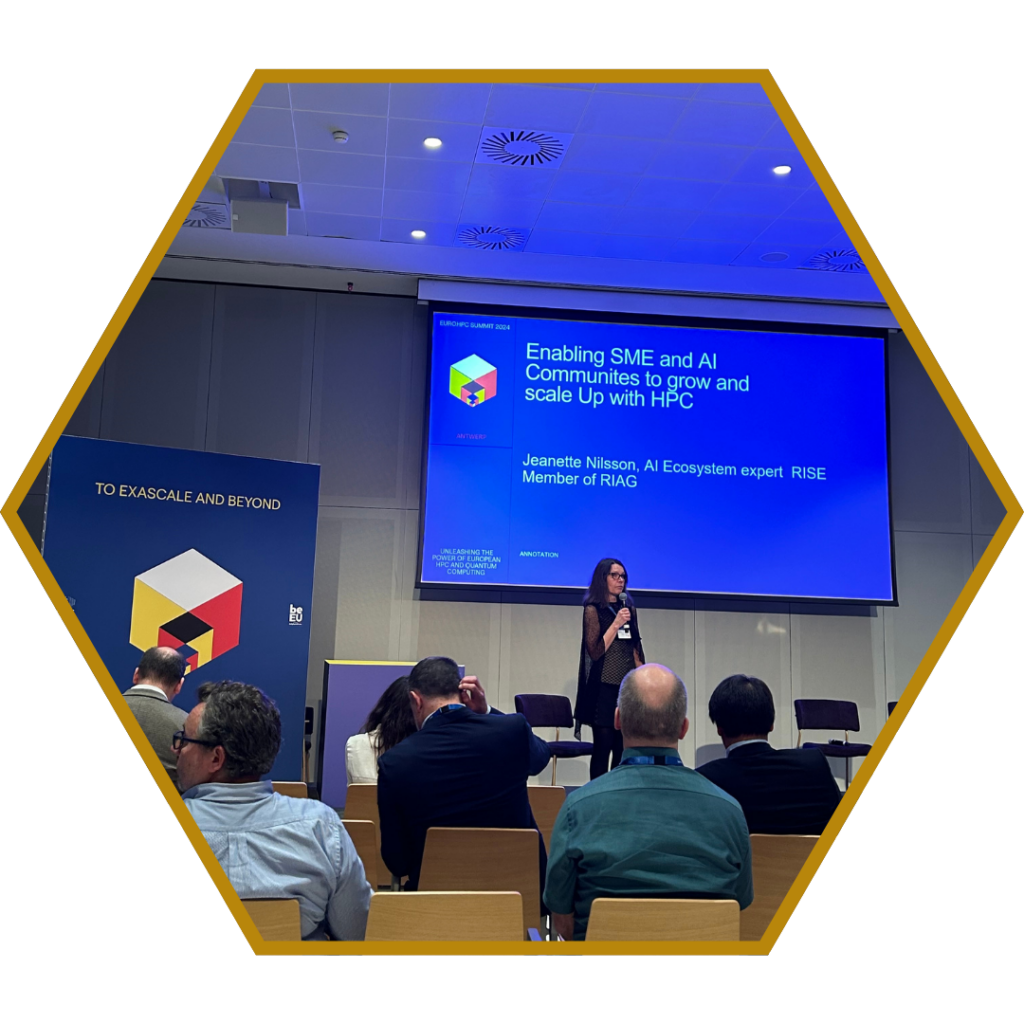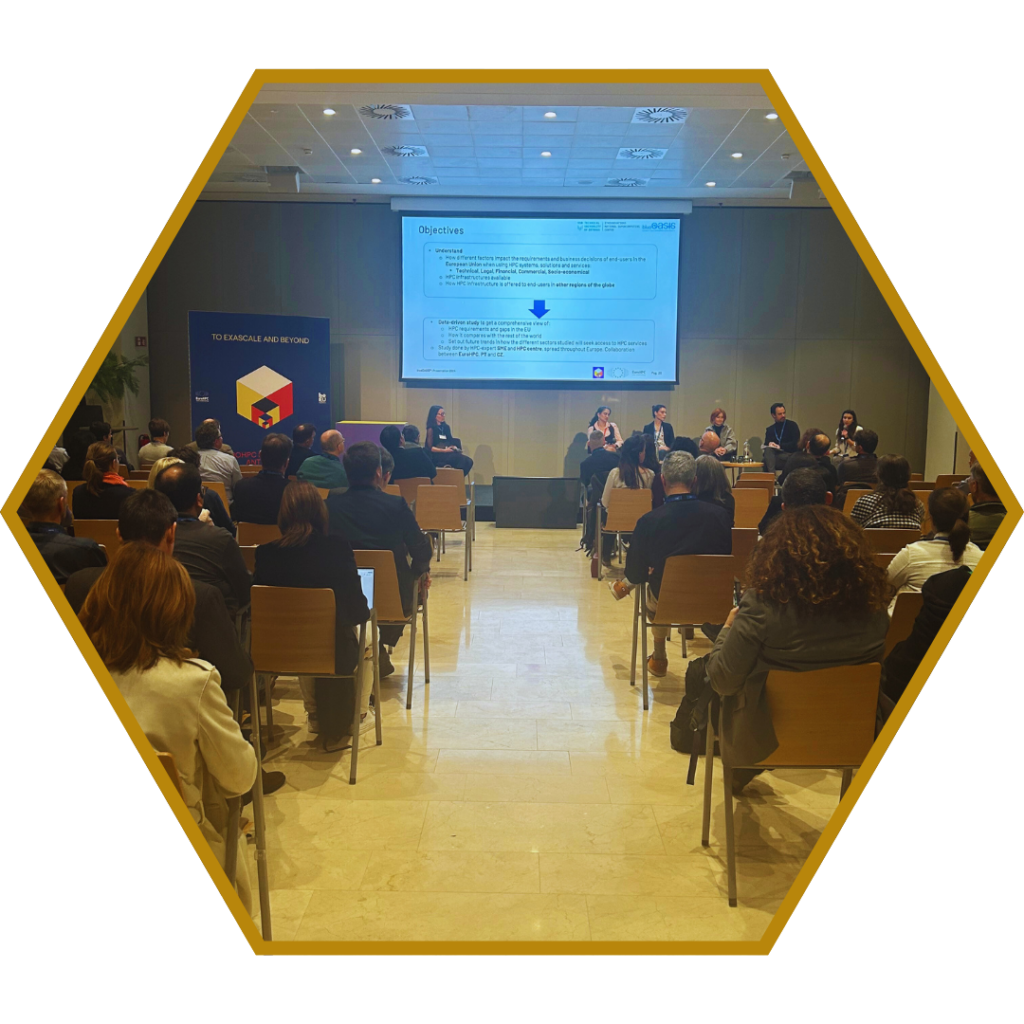The National Competence Center for High-Performance Computing (HPC) was once again a prominent presence at the Science Fair, the largest science popularisation event in the Czech Republic for children and the general public. At the IT4Innovations booth, the national supercomputing centre, more than 1800 participants engaged in the prize program. Overall, the event reported participation from over 58,000 science enthusiasts.
During the event, we primarily disseminated basic information about the existence of the national supercomputing center in Ostrava, which currently operates two supercomputers: Karolina and Barbora. We explained what supercomputers are, their applications, and who can access them. Additionally, we highlighted the opportunity for Czech companies to test the computational power of supercomputers through the services of the National Competence Center for HPC.
For those interested in deeper technical details, we showcased the retired hardware components of the Salomon supercomputer. Visitors could also verify their knowledge of supercomputing through a fun quiz, and the “Harry Potter and the Magic of Supercomputing” game was a big hit with children.
This year’s Science Fair, organized by the Czech Academy of Sciences since 2015, took place at the PVA Expo in Letňany, Prague, from May 30th to June 1st, 2024.

Feel free to check out the short photo report and immerse yourself in the local atmosphere!
Follow us!
You will never miss new courses and updates.
